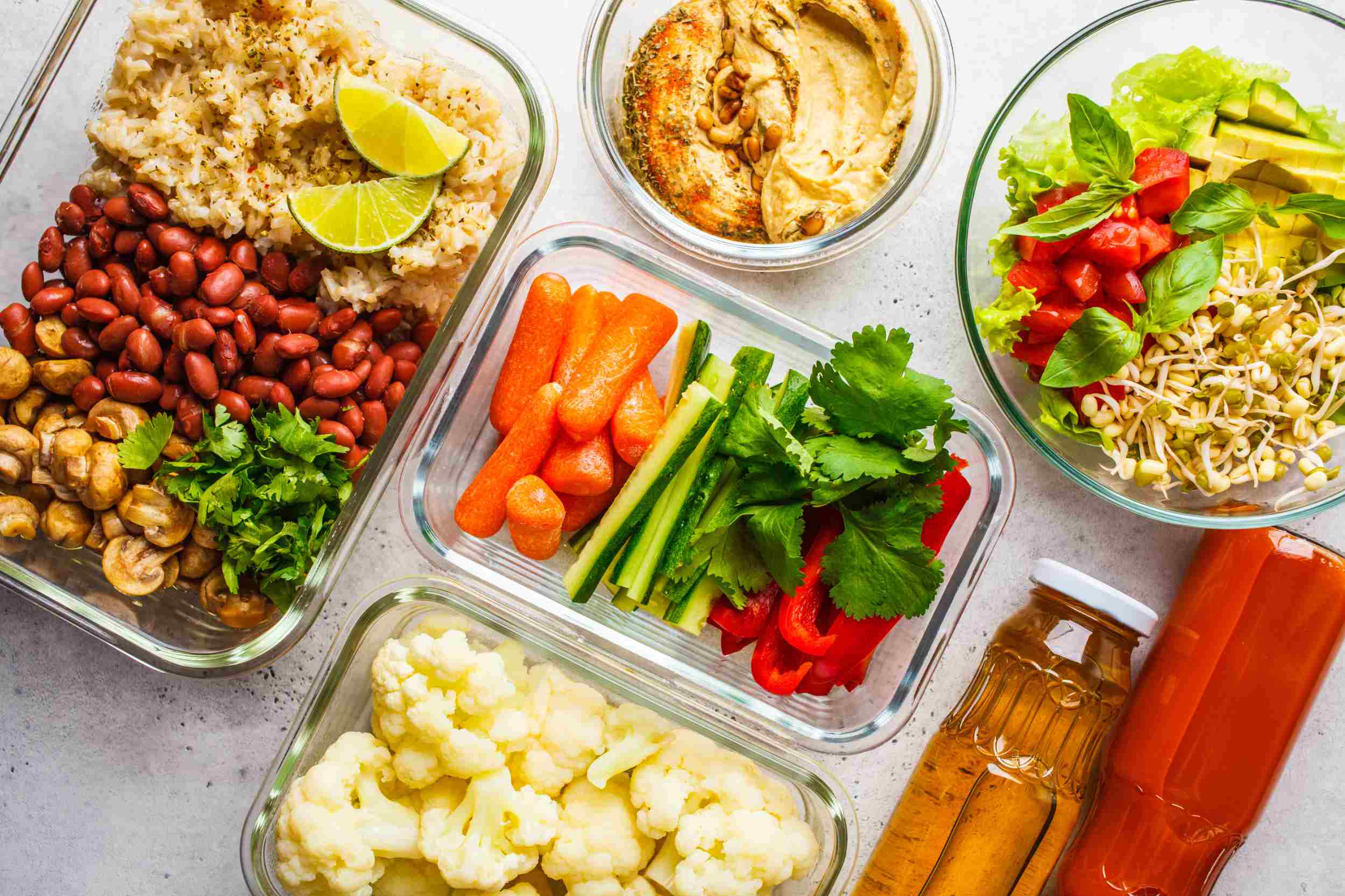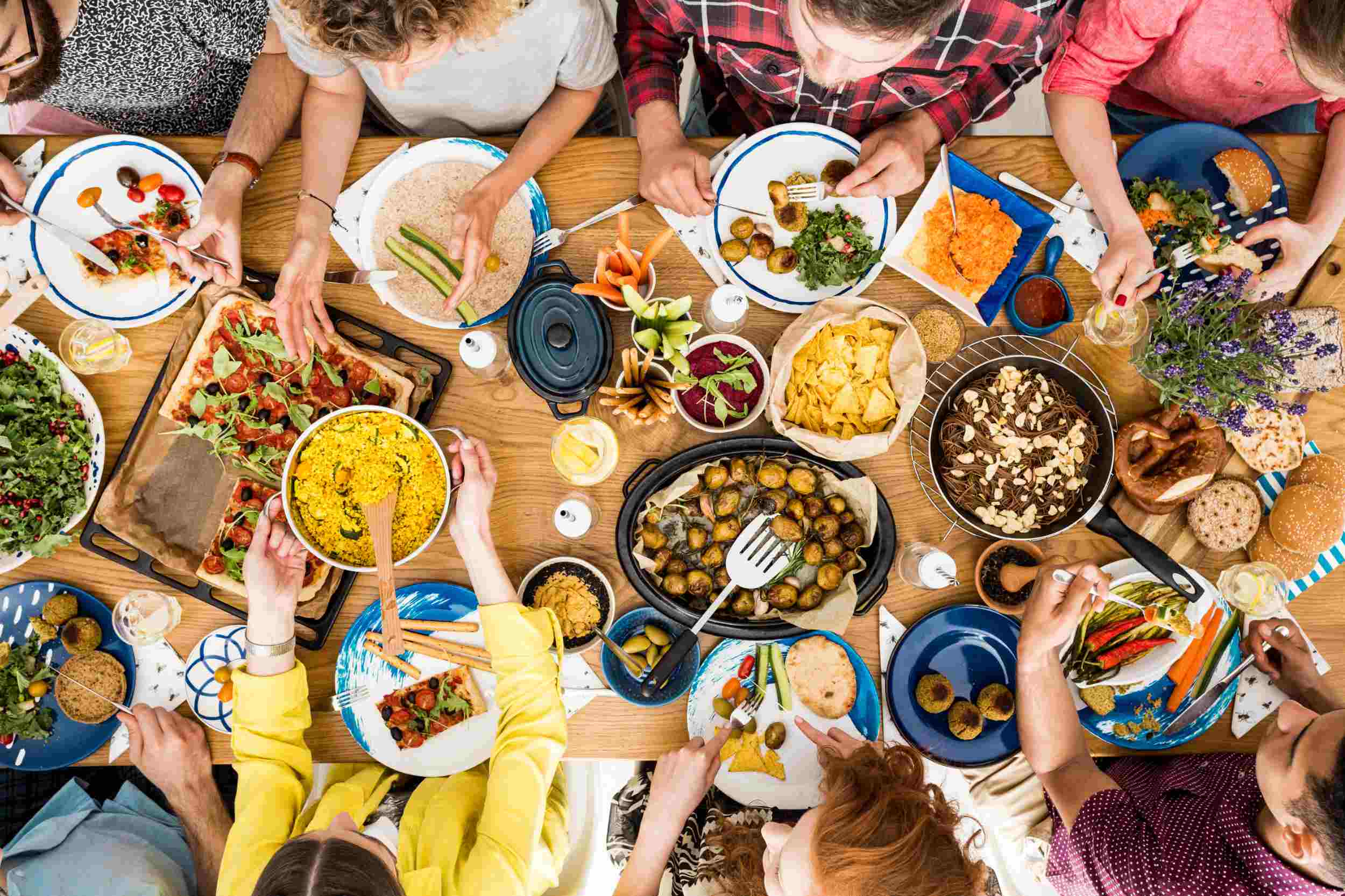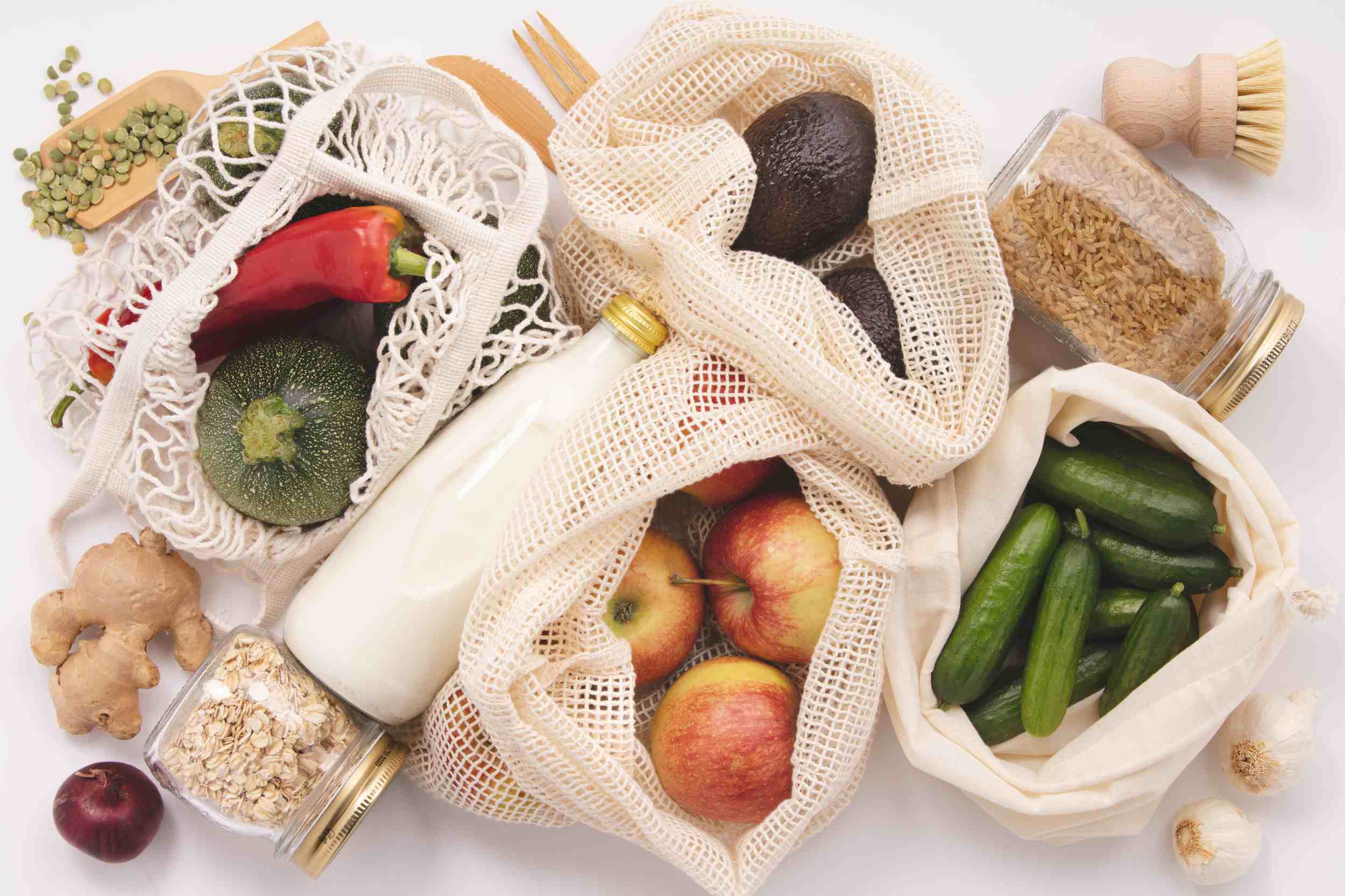10 Tips to save money while cooking
Written by: Nena Julia Aichholzer, 22.04.2021
Apart from housing and transportation, food is one of the greatest expenses. Especially students often don’t have a big budget available. New books, long party nights, movie dates or trips – student life is exciting while your wallet is getting emptier. Are you always running out of money by the end of the month? You don’t have time for a part-time job? Do not worry! We are about to give you 10 tips on how you can save some bucks while cooking and still eat healthy. Because if you want, a healthy diet works very economically and without much effort too – perfect for the student kitchen!










